The events in theis novel take place in 1808.
One of the accusations of Father Salmón is that Diego is a freemason. Freemasonry in Spain is first recorded in 1728. As various papal bulls condemned Freemasonry the Spanish Inquisition did their best to close lodges and demonise Freemasons, therefore the success of Freemasonry from year to year depended on the sympathy or antipathy of the ruling regime.
Don Roque, one of Gabriel's neighbours, reads the weekly newspaper Semanario Patriótico. Seminario Patriótico was a Spanish magazine, published between 1 Spetiember 1808 and 19 March 1812. It was the first purely political publication in Spain, and its creed was liberal. It was founded and run by Manuel José Quintana.
THey talk about the Espinosa de los Monteros Battle. The Battle of Espinosa de los Monteros took place during the Napoleonic Wars, on 10 and 11 November 1808 at the village of Espinosa de los Monteros in the Cantabrian Mountains. It resulted in a French victory under Marshal Victor against Lieutenant General Joaquín Blake's Army of Galicia.They hear that Napoleon has reached Somosierra. Napoleon was personally present at the Battle of Somosierra on November 30, 1808, during the Peninsular War. This was the only battle in Spain where he commanded in person. The battle took place as Napoleon's Grande Armée advanced towards Madrid, encountering a Spanish force defending the Somosierra mountain pass.
Tomas de Morla was talked about in the novel. Tomás Bruno de Morla Pacheco (9 July 1747 – 6 December 1812) was a Spanish Army commander. In 1808, following the Spanish uprising against the French, Morla took action against a French naval squadron in Cadiz Bay, forcing its surrender in June. The following month he led forces from Cadiz at the battle of Balien, when the Spanish army defeated a French advance into Andalusia. In September 1808, Morla was sent to Madrid as director-general of Artillery and a member of the Supreme War Junta. There, he started preparing the fortifications of the city, including the mountain passes on its approaches. Together with the captain general of New Castile, Marquis of Castelar, Morla was in charge of defending the capital.
Another important military man was the Marquis of Castelar. Ramón Fernando Patiño Castro Osorio y Mariño (1753–1817) was a Spanish military commander. At the outbreak of the war, Castelar was appointed member of the Military Junta and, the following October, captain general of New Castile. At Madrid, he joined General Morla, who had been sent to Madrid as director-general of Artillery and who had started preparing the fortifications of the city, including the mountain passes on its approaches. Together, they were in charge of defending the capital.
Gabriel mentions conscription for the war. During the Napoleonic Wars, Spain, though not as extensively as some other nations, employed conscription to bolster its military strength. The Spanish Army, though initially strong, faced significant losses during the Peninsular War, necessitating reforms and the implementation of conscription to increase troop numbers and modernize the army.
One of the enrolling sites was the Cloister of Trinidad Descalza in Atocha. The convent of the Trinitarios Descalzos was in the centre of Madrid. During the French invasion the convent was encloistered and the National Library was placed there. It was demolished in 1897. Gabriel hears about the Battle of Tudela. The Battle of Tudela (23 November 1808) saw an Imperial French army led by Marshal Jean Lannes attack a Spanish army under General Castaños. The battle resulted in the complete victory of the Imperial forces over their adversaries.
Gabriel is one of the soldiers who is sent to defend Puerta de Pozos. Pueta de los Pozos or later of Bilba was a gate in Madrid. The gate was demolished in 1865.
During the Napoleonic Wars, "honrados voluntarios" (honored volunteers) referred to soldiers who voluntarily enlisted in the French armies out of patriotism, veneration for Napoleon, or revolutionary ideals. These volunteers, who numbered in the millions, were not necessarily "honored" in the moral sense, but rather enlisted for various reasons, including economic necessity or a desire for adventure.
Santiago is outraged when he hears that Madrid has surrendered. At the Capitulation of Madrid, on 4 December 1808, the city's military commander Tomás de Morla and the civil governor Fernando de la Vera, in representation of the Junta of Defence (Junta Militar y Política de Madrid), capitulated to the Prince de Neuchâtel, Marshal Louis-Alexandre Berthier, in representation of Napoleon, who had himself arrived two days previously at the head of over 40,000 troops, at Chamartin, then a small village just outside the city, to the north, on 2 December.
When Gabriel finds himself in danger of detention, Father Salmon takes him to the convent, and he tells him that the cell where he will sleep used to be where Gabriel Tellez, Tirso de Molina, had. Gabriel Téllez (24 March 1583 – 20 February 1648), also known as Tirso de Molina, was a Spanish Baroque dramatist and poet, as well as a Mercedarian friar, and Catholic priest. One of the French leading commanders was General Belliard. Augustin Daniel Belliard (25 May 1769 in Fontenay-le-Comte, Vendée – 28 January 1832 in Brussels) was a French general.
The monks are worried when there is news that Napoleon has passed certain laws that affect them like the reduction of convents. The Chamartin decrees were signed by Napoleon on December 4, 1808, just after Madrid's capituation. These decrees abolished the old regime in Spain, including feudalism and the Spanish Inquisition.
With the victory of Napoleon, D Felipe, Amaranta's uncle, has moved to the Pardo Museum to live there with Inés. The Royal Palace of El Pardo is one of the official residences of the Spanish royal family and one of the oldest, being used by the Spanish monarchs since Henry III of Castile in the 15th century.
José Bonaparte was the king of Spain, who everybody hated. Joseph Bonaparte (7 January 1768 – 28 July 1844) was a French statesman, lawyer, diplomat and older brother of Napoleon Bonaparte. Joseph came under heavy fire from his opponents in Spain, who tried to smear his reputation by calling him Pepe Botella (Joe Bottle) for his alleged heavy drinking, an accusation echoed by later Spanish historiography, despite the fact that Joseph was abstemious.
At the end of the book Gabriel is captive alongside the poet Cienguegos, Isidoro Maíquez y Sánchez Barbero.
Nicasio Álvarez de Cienfuegos (14 December 1764 – 30 June 1809) was a Spanish poet and publicist. His poems, published in 1798, immediately attracted attention. He was condemned to death for having published an article against Napoleon; on the petition of his friends, he was spared and deported to France in 1808.
Isidoro Máiquez (Cartagena, 17 March 1768-Granada, 18 March 1820) was a Spanish actor, considered one of the best of his time. Upon the outbreak of the War of Independence, Máiquez, who had participated in the Dos de Mayo Uprising, was exiled to France as a prisoner of state, but Joseph Bonaparte revoked the order, allowed him to return to Spain, and granted him a pension of 24,000 reales.
Francisco Sánchez Barbero (1764–October 23, 1819) was a Spanish journalist, poet and writer. His Latin and Castilian poems achieved success. During the Peninsular War, he was imprisoned for criticizing the French, though he later escaped. In December 1815, he was arrested and imprisoned in Melilla, where he died on October 23, 1819


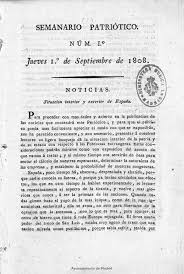
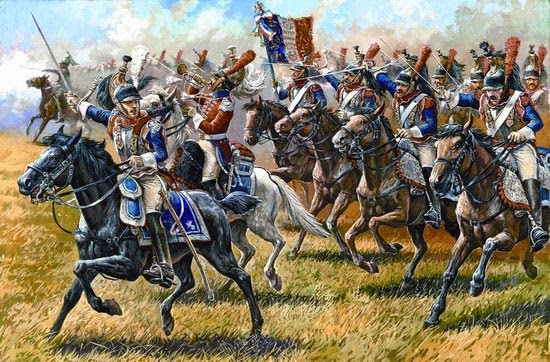





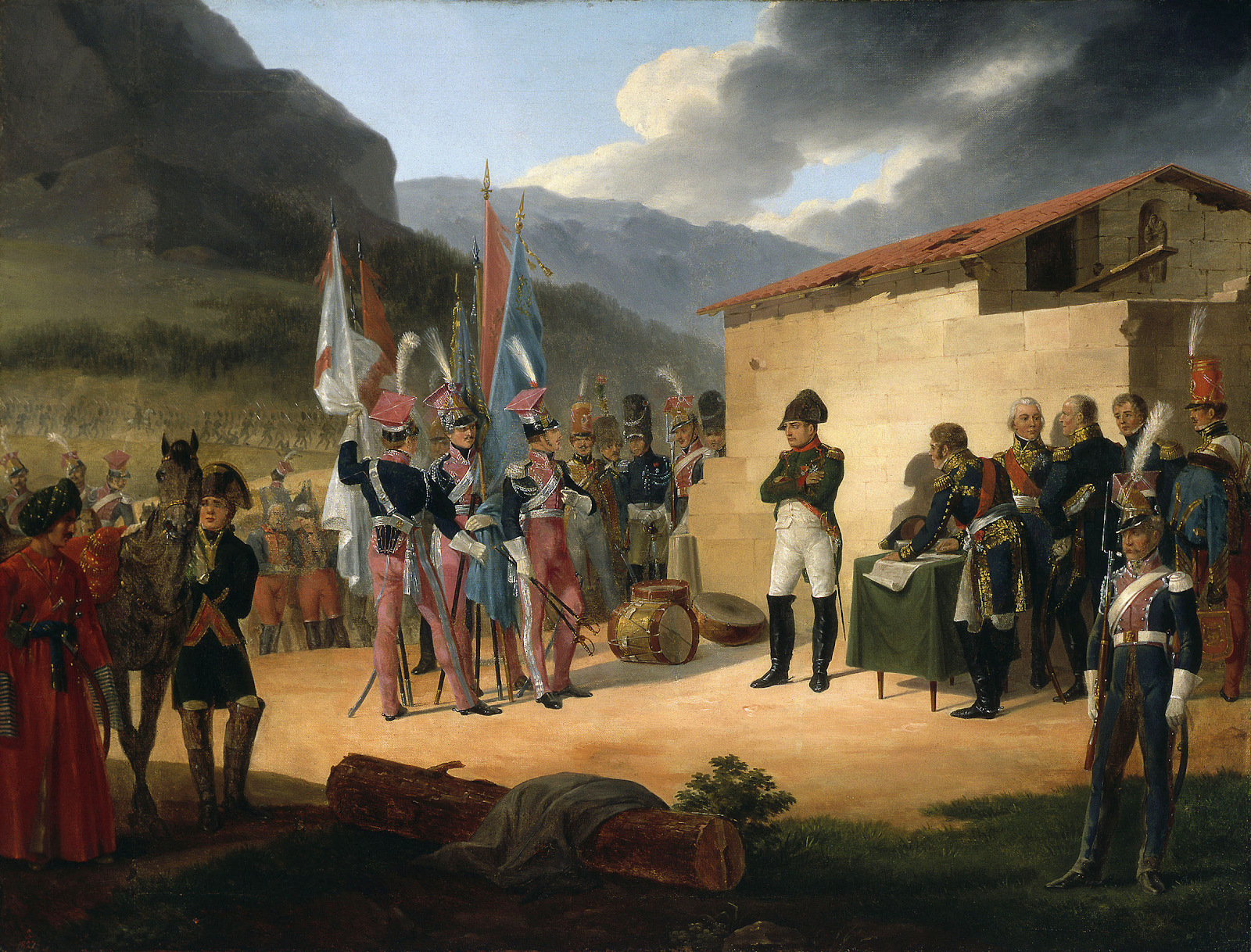
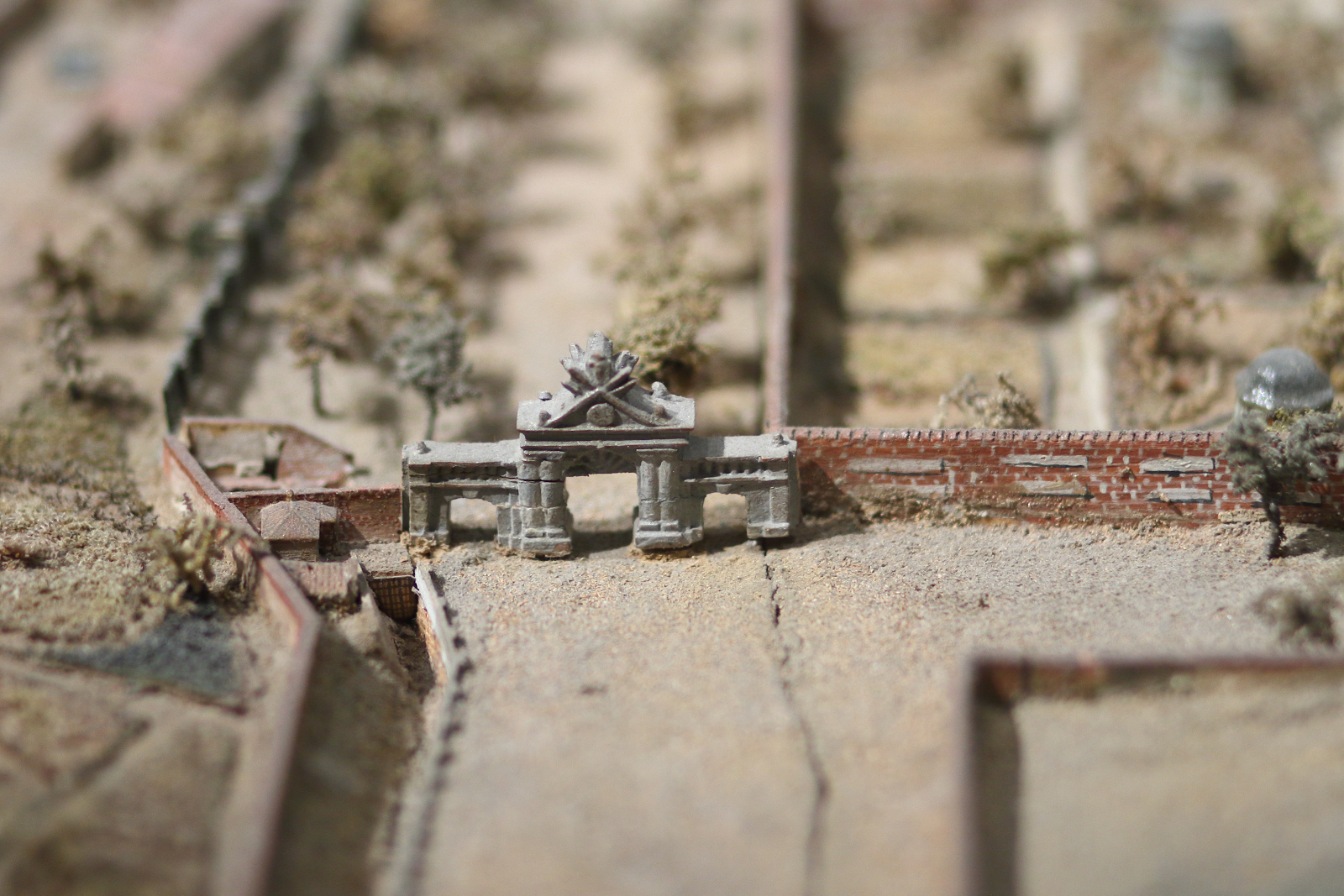

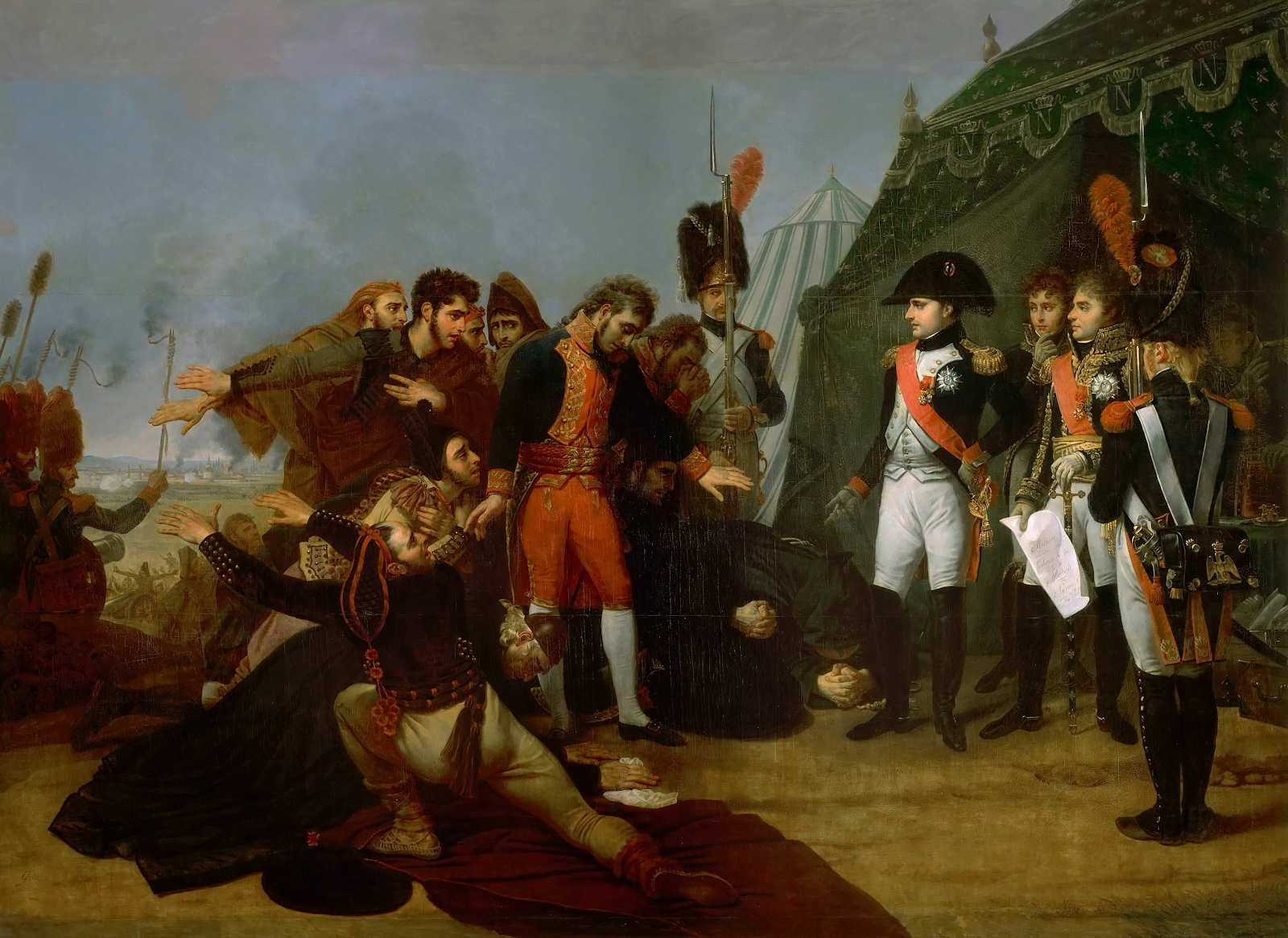

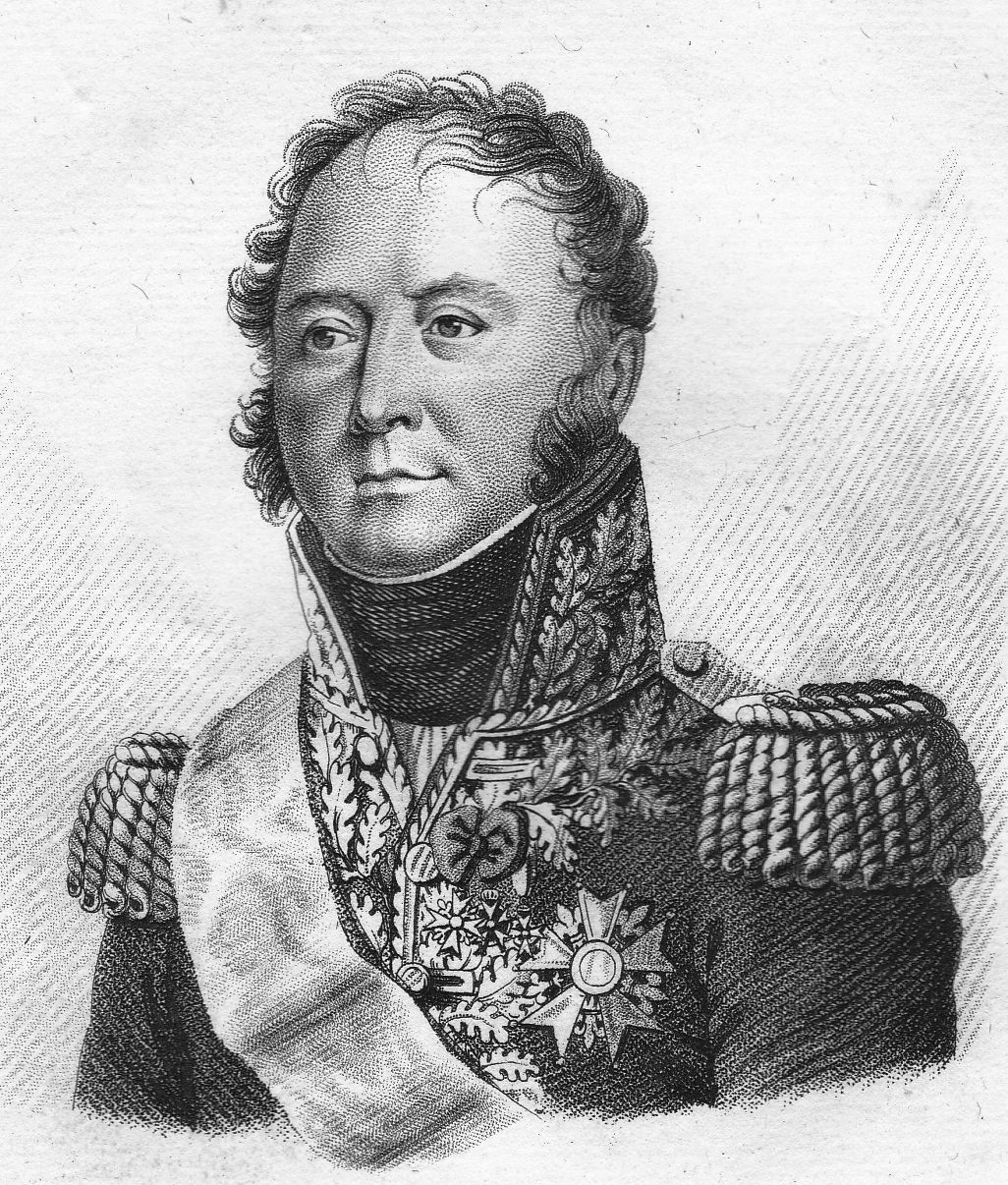


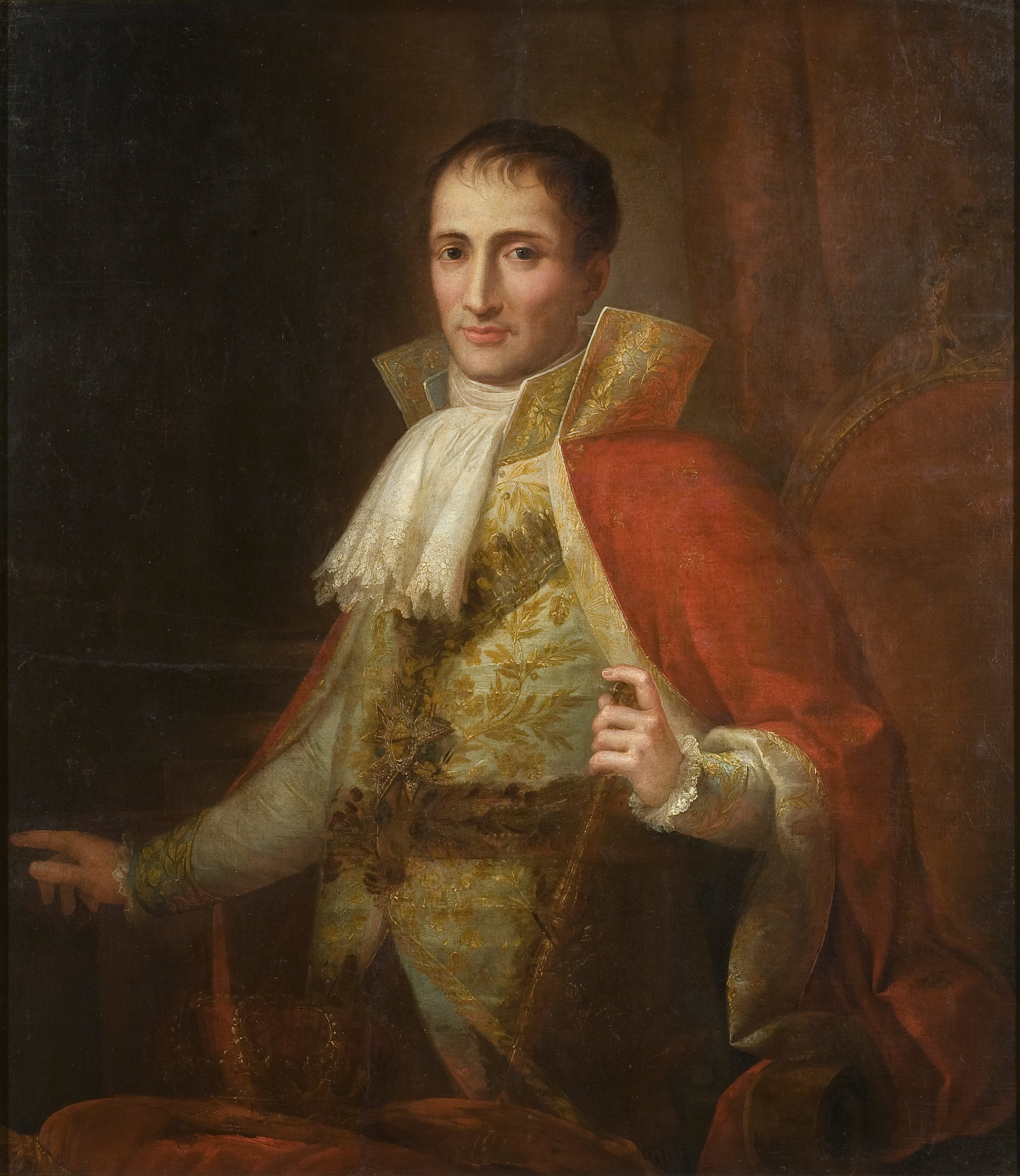
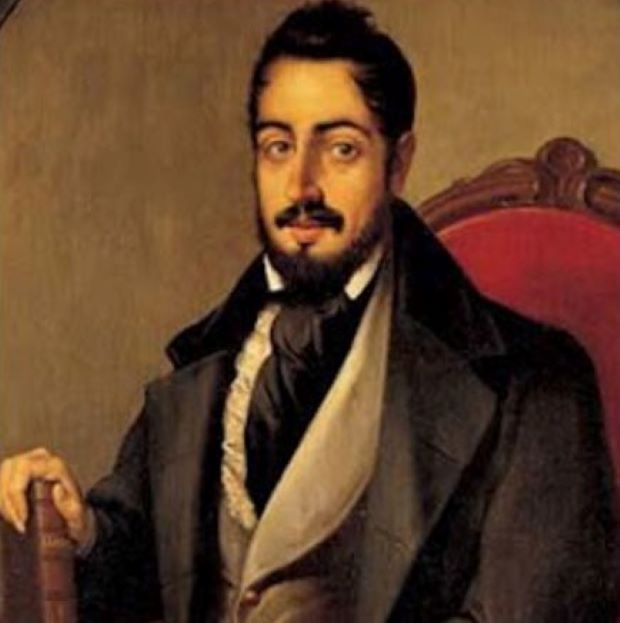
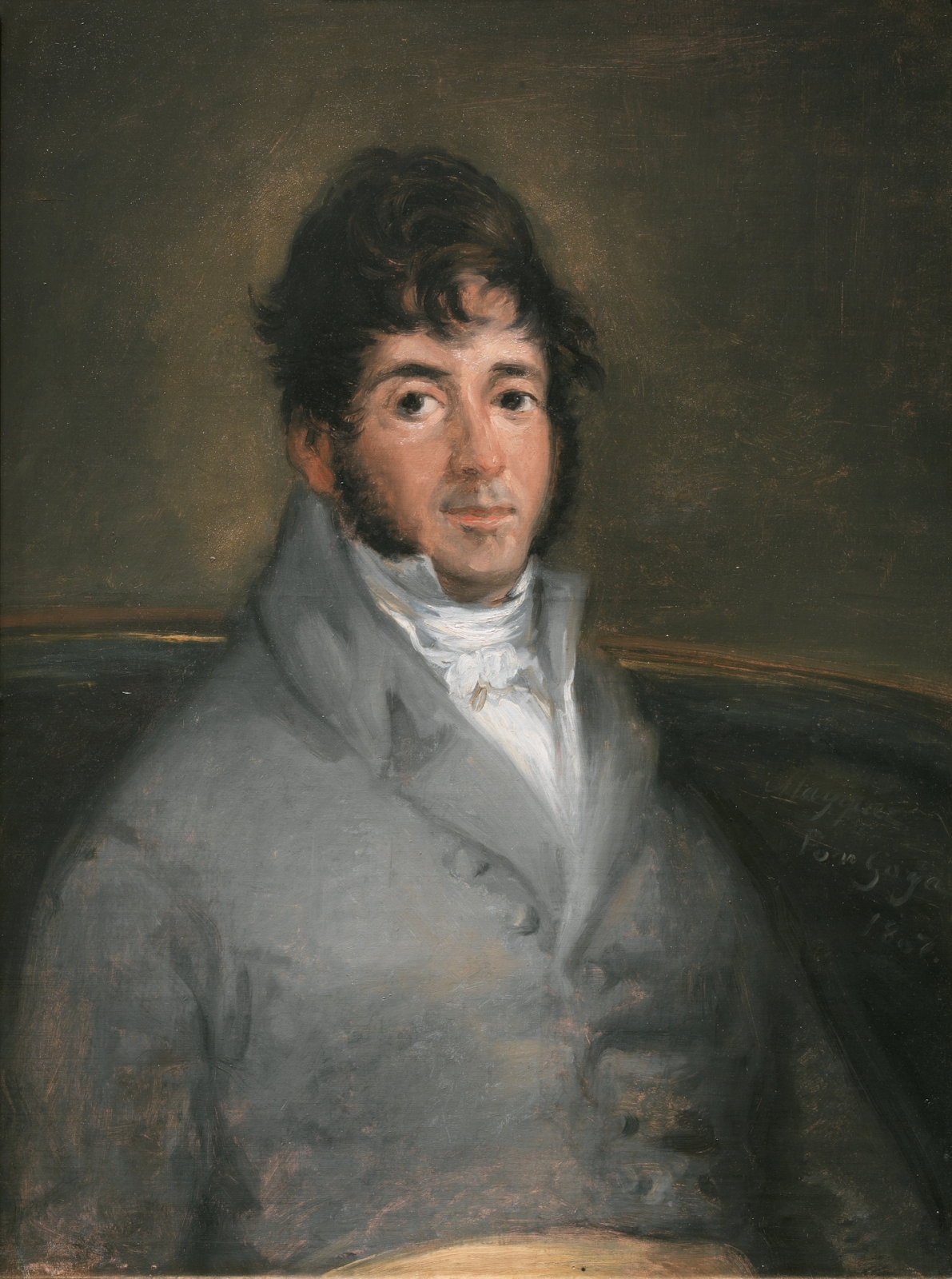

No comments:
Post a Comment